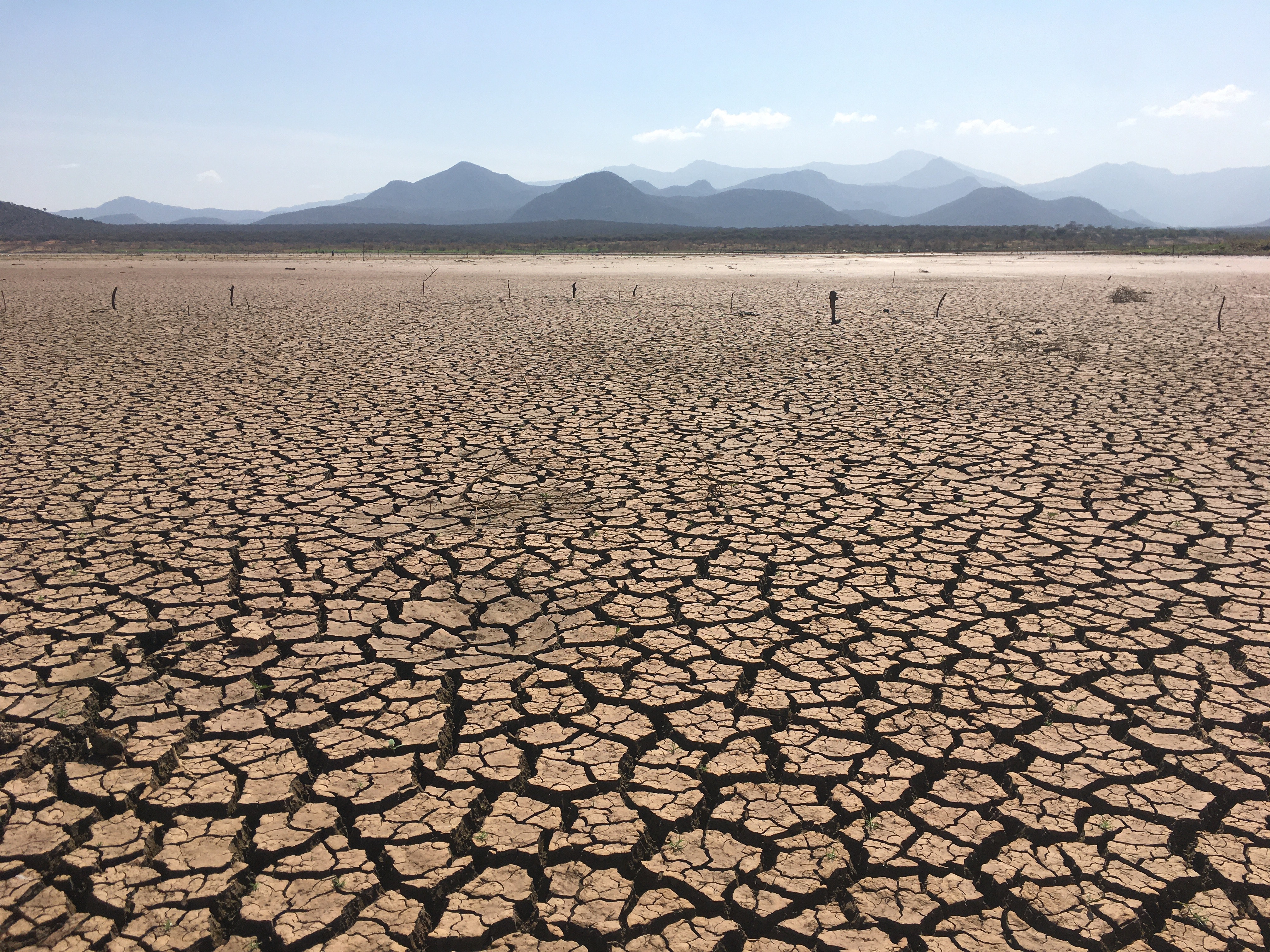A resilient strategy called Pfumvudza shows its effectiveness against drought impacts in rural communities in Zimbabwe

A Zimbabwe vernacular term called Pfumvudza which signifies the blooming of new leaves in the spring season which signals that a new farming season is starting. This concept of a crop production intensification approach is known as conservation agriculture. “The research assessed the effectiveness of Pfumvudza as a resilient strategy against climate change induced drought impacts in rural communities Zimbabwe, case of Munyarari ward 20.”
The idea of Pfumvudza
Conservation agriculture is a concept that allows farmers to use an efficient amount of resources to optimise management on a small area of land. This study is also a descriptive study method which showed the amount of people who practiced Pfumvudza was 96 households whilst 18 households were not interested in Pfumvudza. The article mentions that “climate change induced drought impacts greatly affected communal farmers who depended on rain fed agriculture. This led to food insecurity which attracted donor aid year after year. Further, through research it is proven that Pfumvudza reduced donor aid and improved yield in the area. Moreover, there is a difference in the Pfumvudza scheme before and after the yields of crops that is supported by Mann–Whitney. Those who practiced Pfumvudza showed a different result from those who did not. The conclusions of the article stated that Pfumvudza increased resilience against climate change induced drought impacts. The research stated recommendations for farmers to nourish Pfumvudza strategy to improve food security and high yields.
Understanding conservation agriculture
Drought impacts which are inflicted by climate change is becoming a global issue which is difficult to manage and affects those significantly who are in a rural area and mostly those who are in the agriculture sector. The article states the FAO that, “according to the World Bank Report (2021), food insecurity is affecting approximately 8.9% of the global populace. The problem is serious in Sub-Saharan Africa and the occurrence of hunger in Africa from 2014 to 2019 rose by 1.5%”. Furthermore, Governments joint with their partners have positively responded to the concept of conservation agriculture. Conservation agriculture relies on three principles, which are mulching and minimum tillage and aims to boost yields, increase resilience to climate change negative impacts, crop rotation, mulching and minimum tillage and aims to boost yields. Conservation Agriculture is also known by different terms such as conservation tillage, zero till and no till.
In other countries across the world such as Turkey, the European countries, and Spain have shown positive outcomes in reducing climate change induced drought impacts. To highlight that Zimbabwe with the usage of Pfumvudza’s effectiveness the farmers had achieved more yield than the ones who did not take on the Pfumvudza approach. The statistics show that the farmers who supported Pfumvudza has 800% more yield than those who followed the conventional farming practices. Climate change is always related to sustainable development goals where in Zimbabwe, the “impacts of climate change induced droughts contribute in hindering the attainment of sustainable development goals (SDGs) in Zimbabwe which include SDG1 of eradicating poverty, SDG 2 of eradicating hunger and SDG 3 of promoting good health and wellbeing of people.”
There is a challenge in this research as not many have found out the effectiveness of Pfumvudza. Therefore the research explored two aims and hypotheses:
This research has two important aspects to achieve:
“Examine the trend of household yields before and after implementation of Pfumvudza in Munyarari, ward 20, Mutare district.”
“Evaluate the challenges faced in implementation of Pfumvudza in Munyarari, ward 20, Mutare district.”
There were two hypothesis:
“Determining the difference in trends of household yields before and after implementation of Pfumvudza.”
“H0 There is no significant difference in trends of household yields before and after implementation of Pfumvudza.”
“H1 There is significant difference in trends of household yields before and after implementation of Pfumvudza.”
The study area of the research:
“Munyarari, ward 20 is located about 35 km south of Mutare in Manicaland Province. It is in Mutare District”.
The conclusion of the study
The conclusion of the study stated that the conventional way of farming was used in Munyarari, which caused low yields as rain fed agriculture was relied on due to climate change. Climate change lead to droughts and impacted the agriculture land and therefore impacted food security. Further, the urgent need of help came from NGOs. The goal of Pfumvudza stated in the study is that “in 2020/1 cropping season in the ward was aimed at addressing problems of low yields and making households more resilient to climate shocks so as to ensure food security.” Further, the results showed that farmers who landed up practicing Pfumvudza had greater yields, and those who did not implement this practice had lower yields. Further, there was greater resilience to climate change once Pfumvudza was implemented. Additionally, “the Pfumvudza concept is a viable resilient strategy that can help rural farmers that depend on rain-fed agriculture to counter effects of climate change and increase agriculture production thereby contributing to the achievement of Sustainable Development Goal number 1 and 2 (eradicating poverty and improving food security).”
Story Source:
Materials provided by Springer - Social Sciences. The original text of this story is licensed under a Creative Commons License. Note: Content may be edited for style and length.
Journal Reference:
- Drought Africa photos, Download free drought africa stock photos & hd ... (n.d.). Retrieved January 11, 2023, from https://www.pexels.com/search/drought%20africa/
- Mavesere, F., & Dzawanda, B. (2022, December 28). Effectiveness of pfumvudza as a resilient strategy against drought impacts in rural communities of Zimbabwe - Geojournal. Retrieved January 11, 2023, from https://link.springer.com/article/10.1007/s10708-022-10812-3
0 Comments